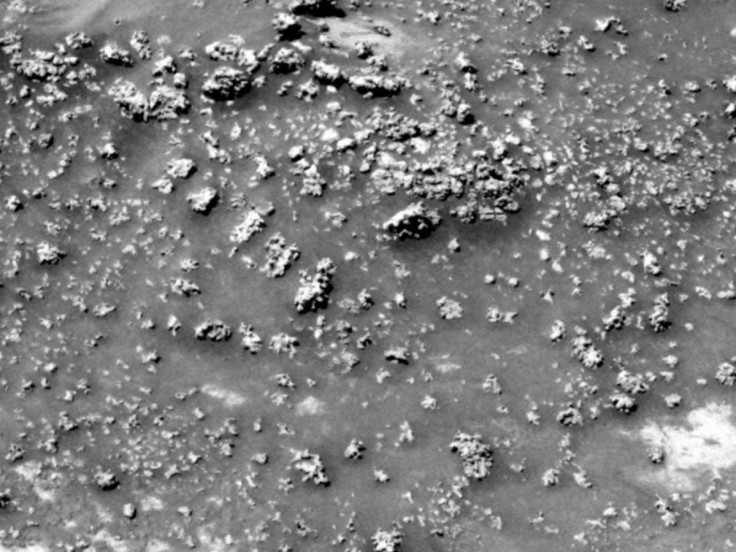Scientists launch new plan in search of alien life by obtaining technosignatures
SETI's initiative welcomes citizen scientists to search for signs from extraterrestrial intelligence.
Search for alien life continues to be one of the most intriguing subjects for humans. Over the decades, several programmes have been launched in the quest for extra-terrestrial life. However, the answer remains uncertain. Meanwhile, the researchers at the SETI Institute have launched a new programme that will look for what is termed as "technosignatures," an indication of the existence of extra-terrestrial intelligence.
According to Independent, the scientists at Search for Extra-terrestrial Institute will be scrubbing the solar system using the latest techniques for any data that could possibly be hints for alien life. The data from the searches will be made available to the public in hopes of citizen scientists to assist them in their hunt.
Technosignatures are signs or signals of the presence of life possibly coming from planets that are home to other beings. These signals could be anything ranging from chemical compositions or laser emissions.
"Determining whether we are alone in the universe as technologically capable life is among the most compelling questions in science," said Dr. Tony Beasley, director of the National Radio Astronomy Observatory (NRAO) telescope based in Virginia, US.
The plan of the researchers includes the development of a system that will use the Very Large Array (VLA) telescope based in Mexico to acquire data and send it to the scientists' technosignature search system. Since these technosignatures can be any detectable indicator, scientists are also developing computer models that replicate extraterrestrial environments.
"Upcoming telescopes in space and on the ground will have the capability to observe the atmospheres of Earth-sized planets orbiting nearby cool stars, so it's important to understand how best to recognise signs of habitability and life on these planets. These computer models will help us determine whether an observed planet is more or less likely to support life," adds Victoria Meadows, principal investigator for NASA's Virtual Planetary Laboratory at the University of Washington.

Meanwhile, in 2015, SETI launched a programme called Breakthrough Listen Initiative that is purely based on data collected by "listening" for signals of alien life in the universe. So far, the initiative has received two petabytes of data from the plane of the Milky Way galaxy and the region around its central black hole. As the search continues, the initiative is welcoming citizen scientists to become a part of the programme and assist them in searching the data from telescopes around the world in hopes to find a certain answer about the existence of other intelligent worlds.
© Copyright IBTimes 2025. All rights reserved.





















